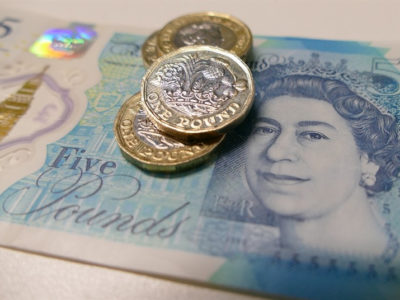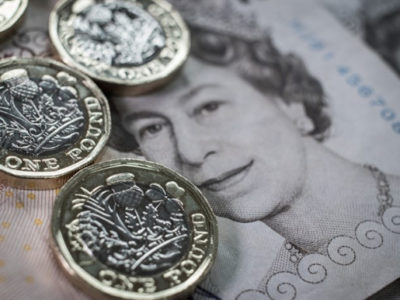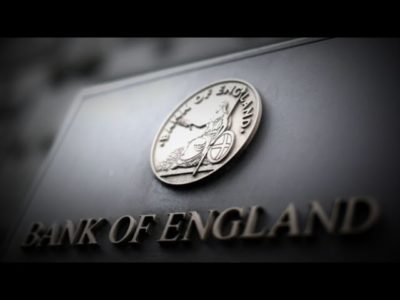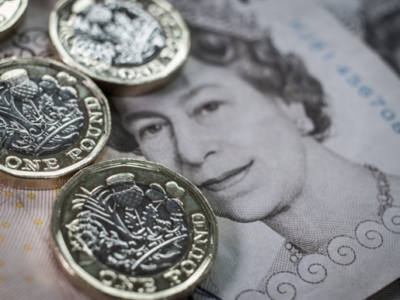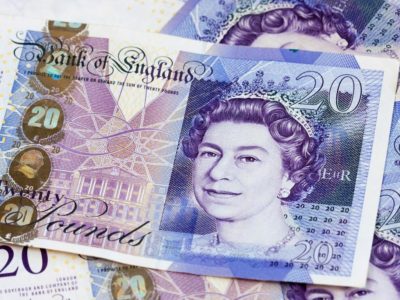GBP weakens on soft retail sales data
Forecasts of a strengthening UK economy were dealt a noteworthy blow on Thursday after the release of weak sales data, and forced the pound to record losses. The UK retail sales data report for June, released on Thursday by the Office of National Statistics (ONS), revealed that the volume has declined by 0.2% in relation to the previous month.
The report exposed the nation’s fragile economy and surprised the markets as analysts were anticipating a growth of monthly retail sales by 0.3%. The data also showed that retail sales over the last year increased only by 4% in June, while the annual rate for May was at 4.7%, and is at the lowest level of the last nine months. Given that analysts were expecting an annual growth of retail sales by a much stronger 4.9%, the ONS reaction to the results was rather optimistic as they were described by the Office as ‘strong’. But how can Thursday’s results be viewed as strong given that the figures were below forecasts? Well, on a quarterly basis the retail sales were increased by 0.7% and while a a fraction of investors will find that disappointing, some economists might argue that they are a welcoming contribution to the UK economy’s growth.
The release of the latest Bank of England (BOE) meeting minutes showed that all nine members voted for the interest rate to remain stable at 0.5%. While this at first glance might show that policymakers are far from even considering a rate hike, there are signals that some of the MPC members might change their opinion in the not too distant future. The minutes said that some members see a growing likelihood of the British inflation to surpass the 2% level in the medium term, but what kept them from deciding towards raising the interest rates was the negotiations between Greece and its creditors and the release of an other bailout plan for the deeply-in-debt nation. According to the report, ‘the decision between holding Bank Rate at its current level versus a small increase was becoming more finely balanced’. Due to the change of policymakers’ stance to being more hawkish than before, there is a large number of traders who believe that the unity among the MPC members towards keeping the interest rates unchanged could end.
The GBP/USD had a weak performance over last week, with moderate losses of Monday and Tuesday, but the worrying retail sales data on Thursday forced the currency pair to drop by a substantial 0.6% to 1.55167. On a weekly basis, the GBPUSD moved with losses by 0.6%. Was the UK report the deciding factor for the currency pair’s rate fall?
Rumours for a possible interest rate increase are not only surrounding the UK economy. The majority of investors are also looking at the growing likelihood of a U.S. interest rate increase before the end of the year. Although Federal Reserve (Fed) Chairwoman Janet Yellen clearly stated that Fed is on course to increase rates provided that the economy will grow in line with expectations, she wasn’t precise as to the timing. This is why the upcoming release of the Fed’s Monetary Policy Statement, due on Wednesday 29 July at 18:00 GMT, is of increased importance. Are there any more details regarding a possible U.S. rate hike about to be revealed?
The post GBP weakens on soft retail sales data appeared first on Forex.Info.

